Dracaena Beauty Pink Plant With Self Watering Pot
₹999.00 Original price was: ₹999.00.₹499.00Current price is: ₹499.00.
Dracaena Mahatma plant is an attractive, narrow and colourful common ornamental foliage plant.
Dracaena Mahatma plant is an attractive, narrow and colourful common ornamental foliage plant. It is easy to care evergreen tropical shrub plant for indoor or outdoor and landscaping. It grows up to 7″ tall and leaves can be 30-60 cm long. This fast-growing plant needs low light, Medium water and less fertilizer. It is propagated by stem cuttings.
Related products
Peace Lily Plant With Yellow Self Watering Pot
Oyster Plant
Peace Lily Plant With White Self Watering Pot
Hadjod Plant With Yellow Self Watering Pot
₹649.00 Original price was: ₹649.00.₹499.00Current price is: ₹499.00.

Get 10% off! Use code WELCOME at checkout. 🎉
Latest Pots

10-Day Damage Replacement Guarantee
Damaged or Lifeless? We’ll replace it for free!
How does self-watering function?
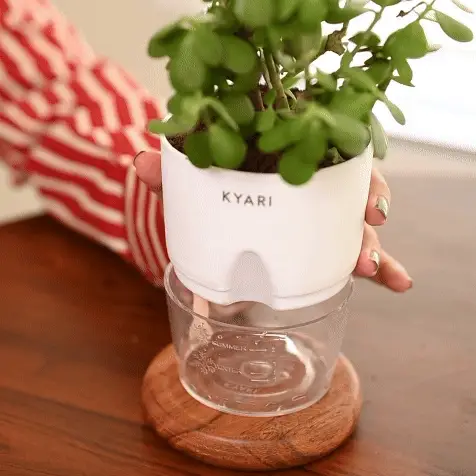
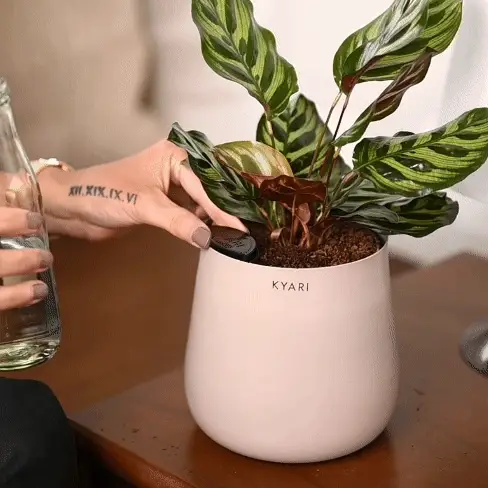

Free Shipping
COD Available
Replacement
Our Bestsellers
Aliquam furniture
Water Schedule
Humidity
Sunlight
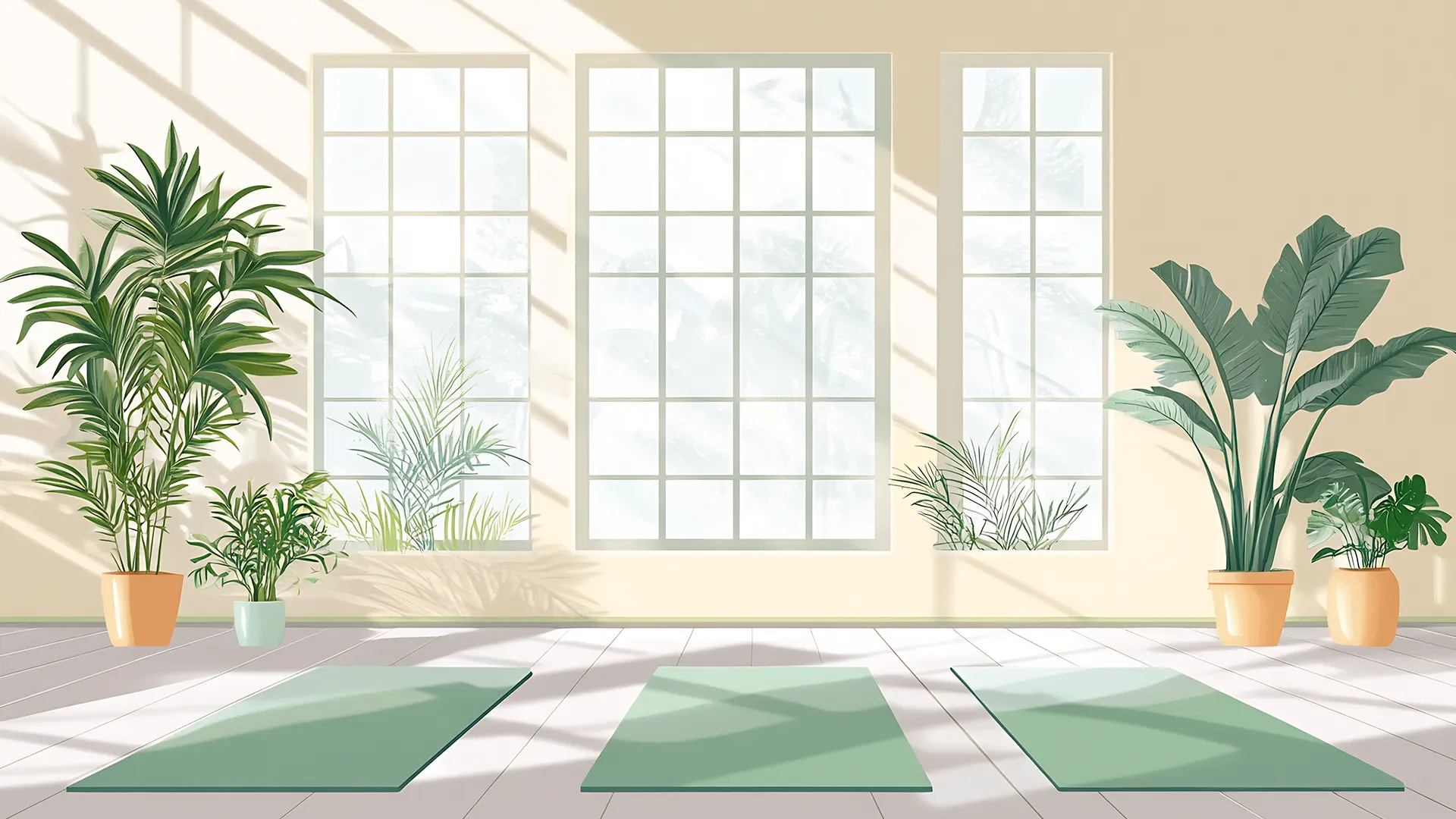
Preferred location
Light settings
Self-watering pots
How it works?
Water Schedule
Humidity
Sunlight
Sunlight
Sunlight
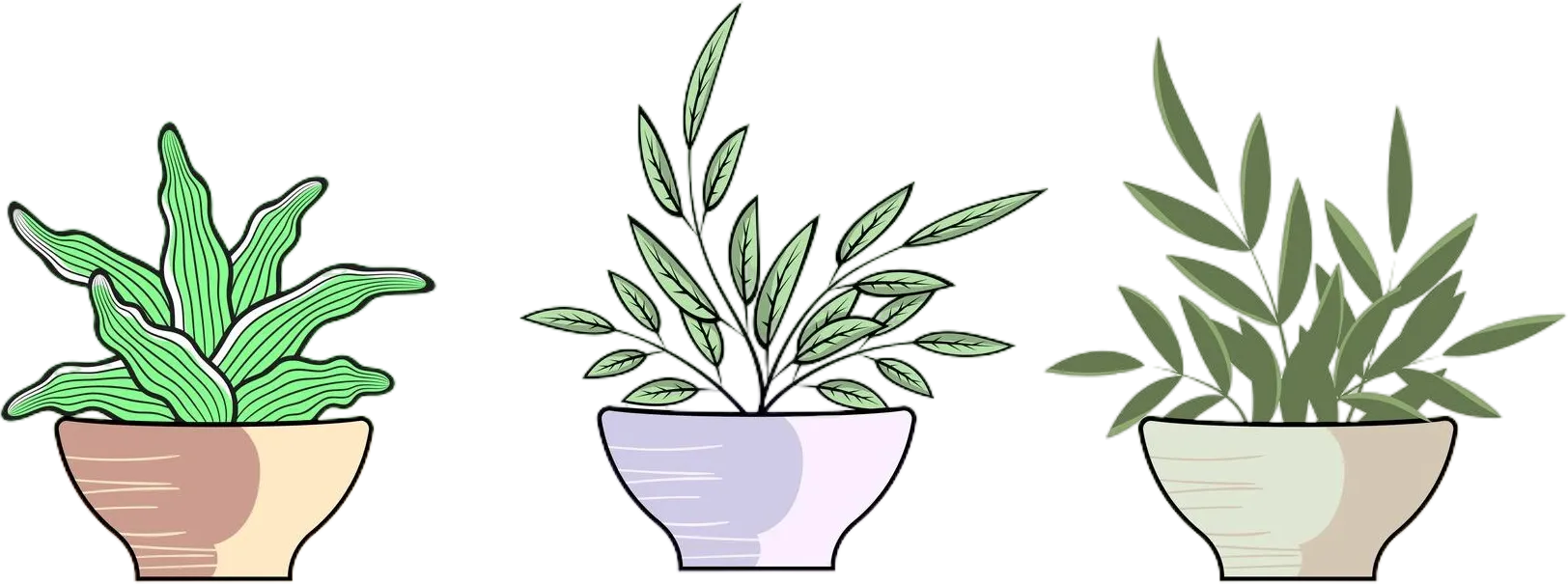
Why are my Money Plant's leaves turning pale?
Why are my Money Plant's leaves turning pale?
Why are my Money Plant's leaves turning pale?
Value Combos
Dracaena Beauty Pink Plant With Self Watering Pot
Air-Purifying PlantsDracaena Mahatma Cordyline Terminalis Plant
Air-Purifying PlantsCalathea roseopicta Plant With Green Self Watering Pot
Air-Purifying PlantsCalathea Plant With Green Self Watering Pot
Air-Purifying PlantsReviews
There are no reviews yet.
Cissus quadrangularis is known by several common names, including Veldt grape, Devil’s Backbone, and Hadjod, is a plant that belongs to the grape family (Vitaceae). Additionally, it is native to parts of Asia and Africa. Moreover, this plant is often used in traditional medicine systems like Ayurveda for various medicinal purposes.
Medicinal properties of Hadjod Plant:
Bone Healing Support: It promotes bone healing and may increase bone density, making it useful for conditions like fractures and osteoporosis.
Joint Pain Relief: It alleviates joint pain, making it beneficial for individuals with arthritis and other joint-related issues.
Weight Management: Used in weight management by reducing body weight and positively influencing metabolic parameters.
Antioxidant Effects: It has antioxidant properties that protect cells from damage caused by free radicals.
Anti-Inflammatory Action: The plant exhibits anti-inflammatory effects, which can help reduce inflammation in various conditions.
Muscle Support: It assists in muscle recovery and may benefit athletes and those with muscle-related concerns.
Traditional Medicine: Cissus quadrangularis is a staple in traditional medicine systems like Ayurveda for its versatile healing properties.
How to care for Cissus Quadrangularis plant
Light: For optimal growth, provide bright, indirect sunlight.
Watering: Water moderately, and in addition, allow the soil to dry slightly between waterings.
Well-Draining Soil: Use well-draining soil to prevent waterlogged roots.
Fertilization: During the growing season, feed with a balanced, water-soluble fertilizer. In particular, this is typically in spring and summer.
Pruning: To encourage bushier growth and manage its size, prune the plant.
Support: Additionally, offer a trellis or support for the vine to climb.
Pests: Keep an eye out for pests like aphids and mealybugs; in case of an infestation, treat as needed.
Repotting: Repot when the plant becomes root-bound, typically every 2-3 years.
Dormancy: In cooler months, reduce watering and allow some rest.
View more categories

Plants

Combos


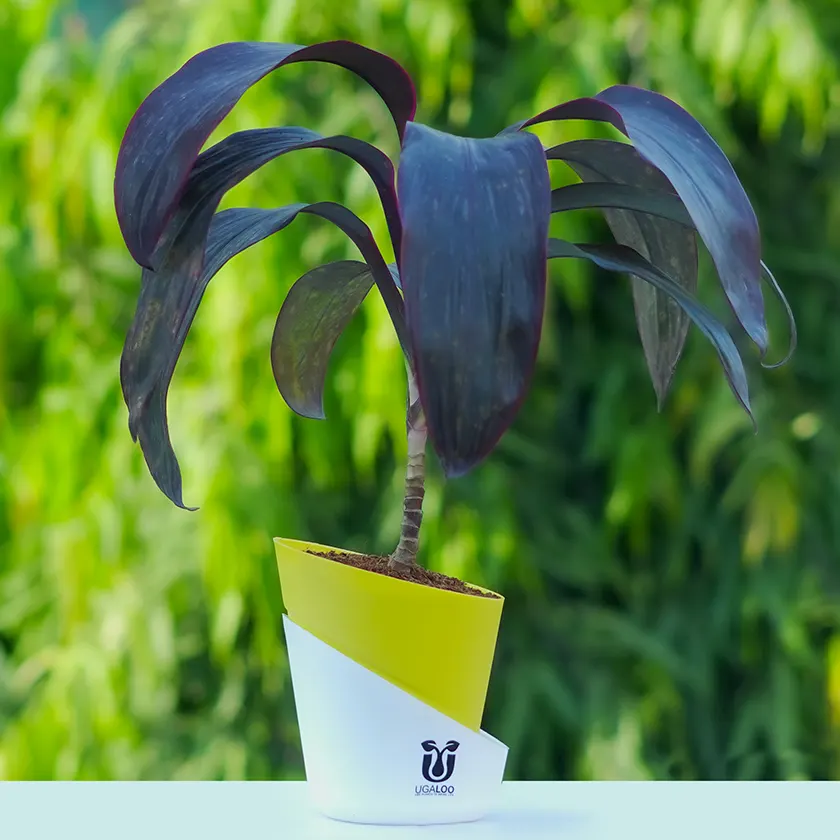
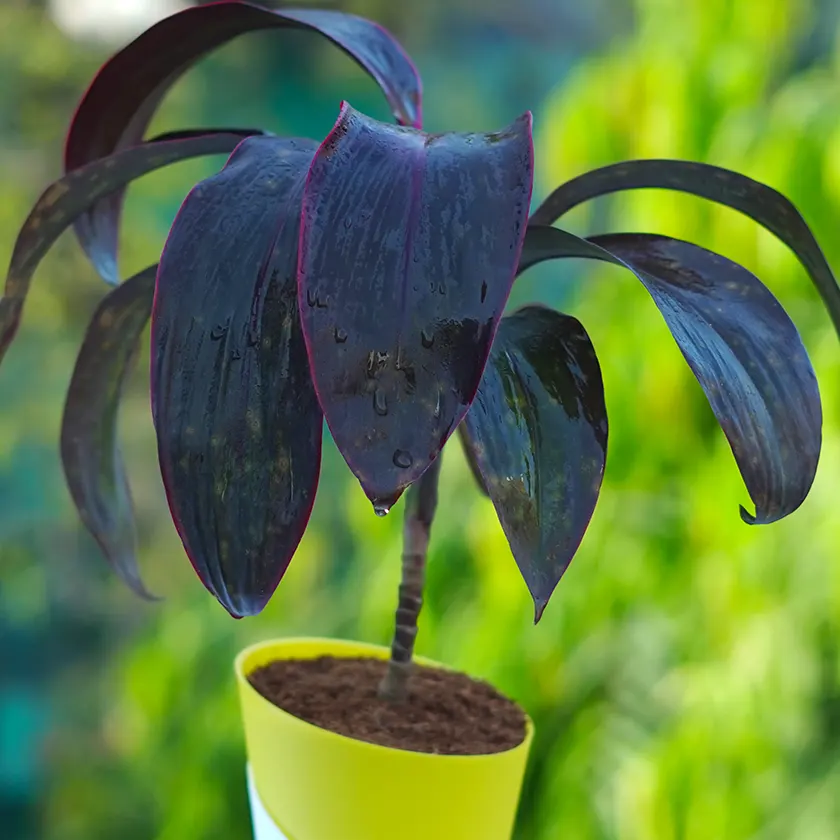
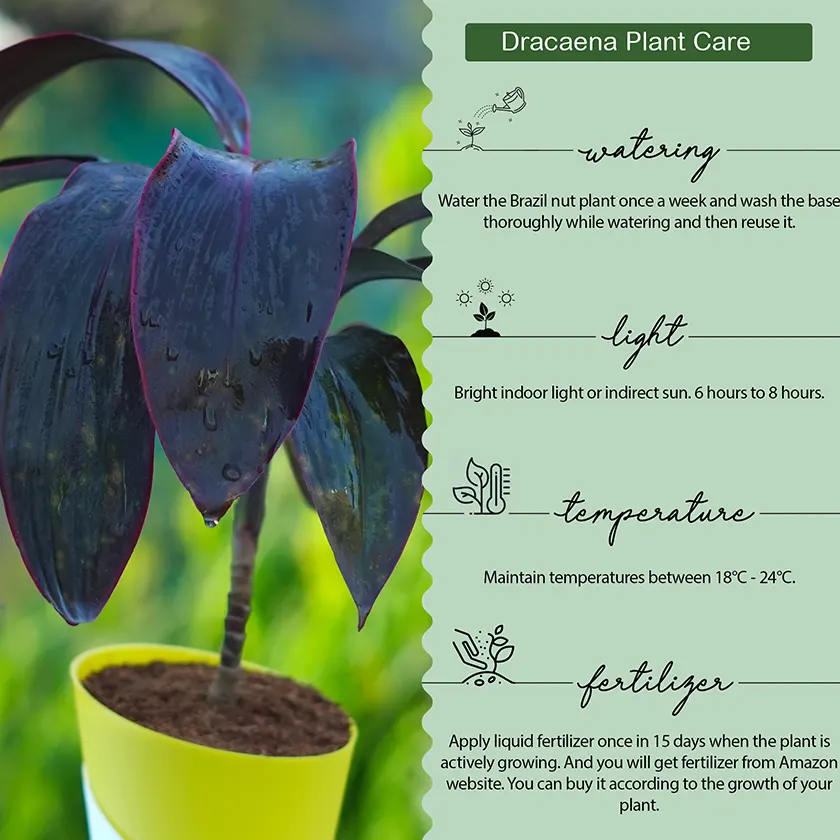

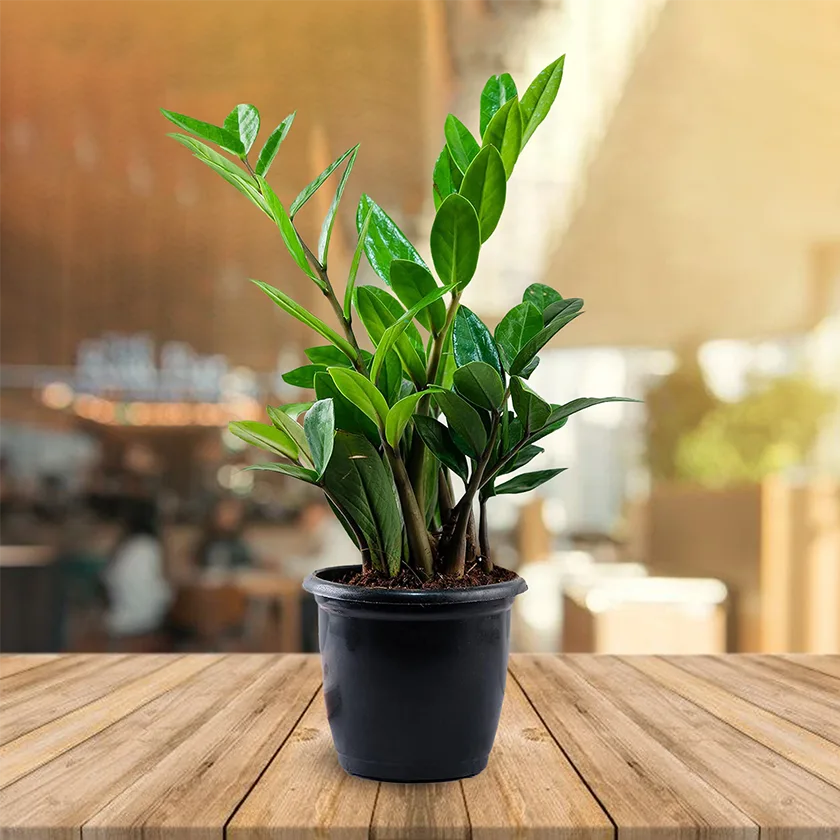


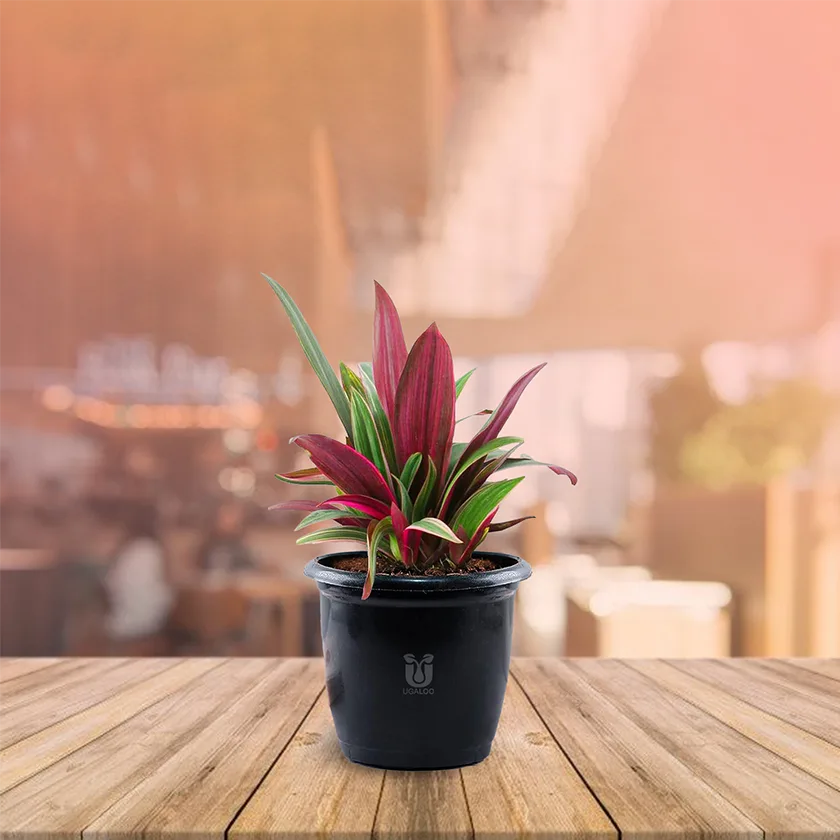
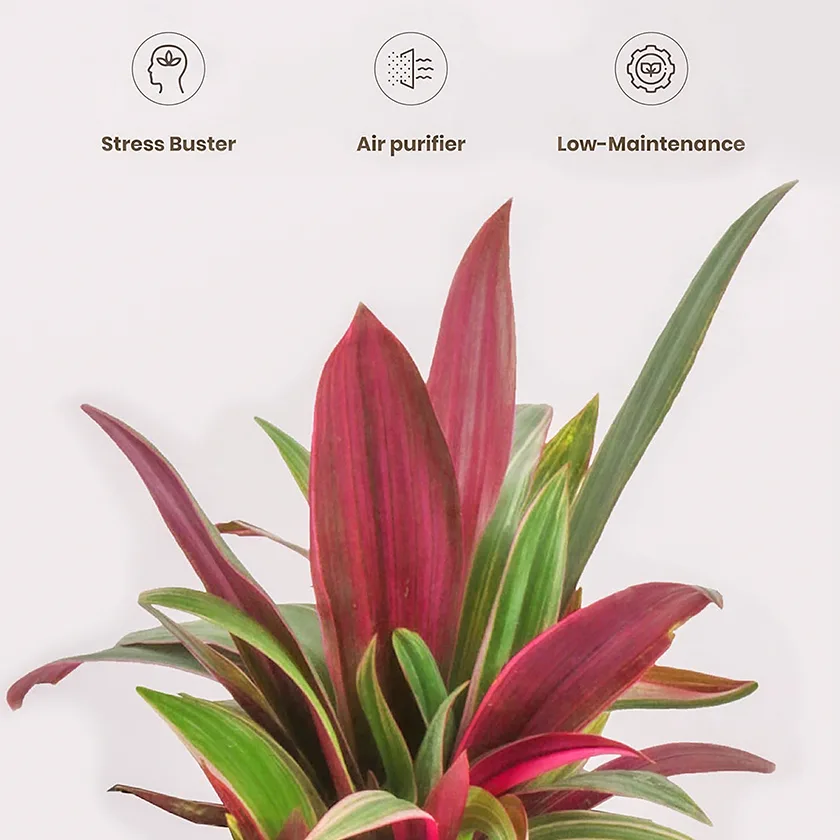
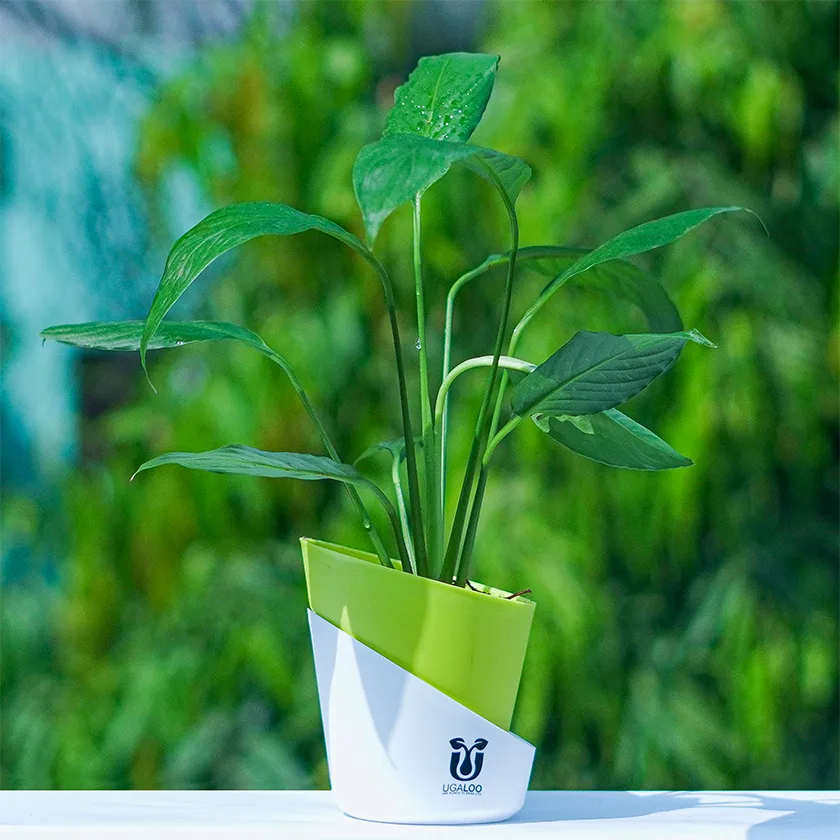
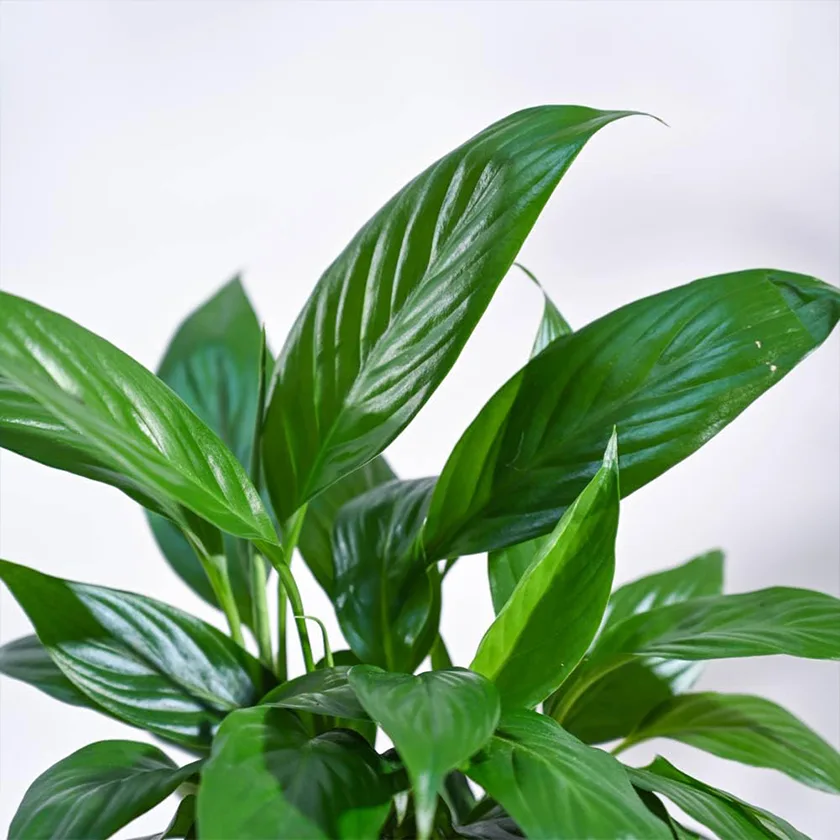
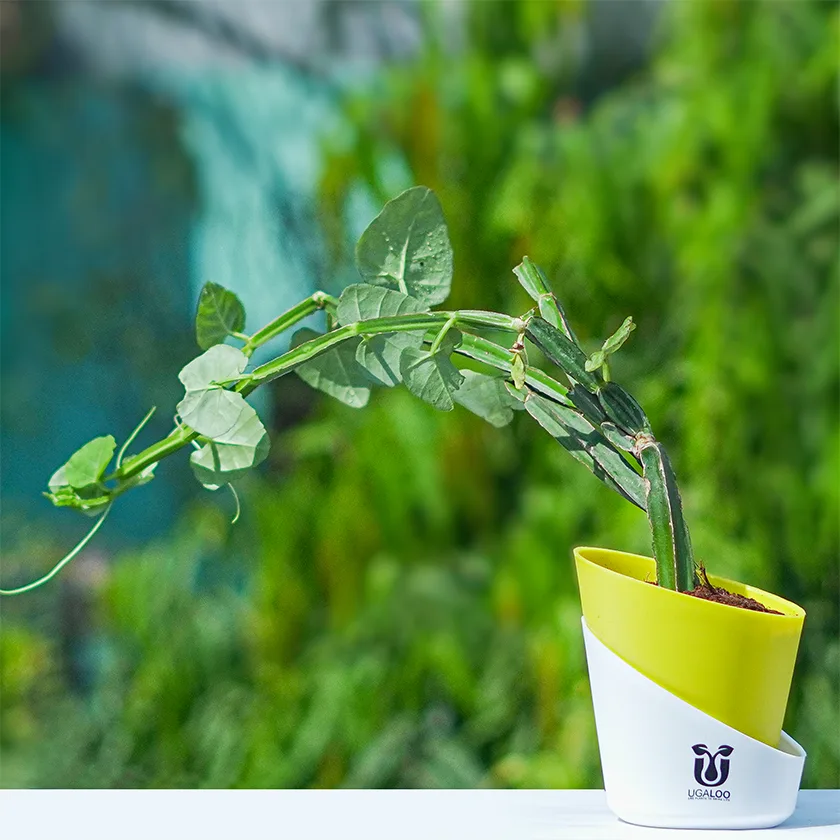




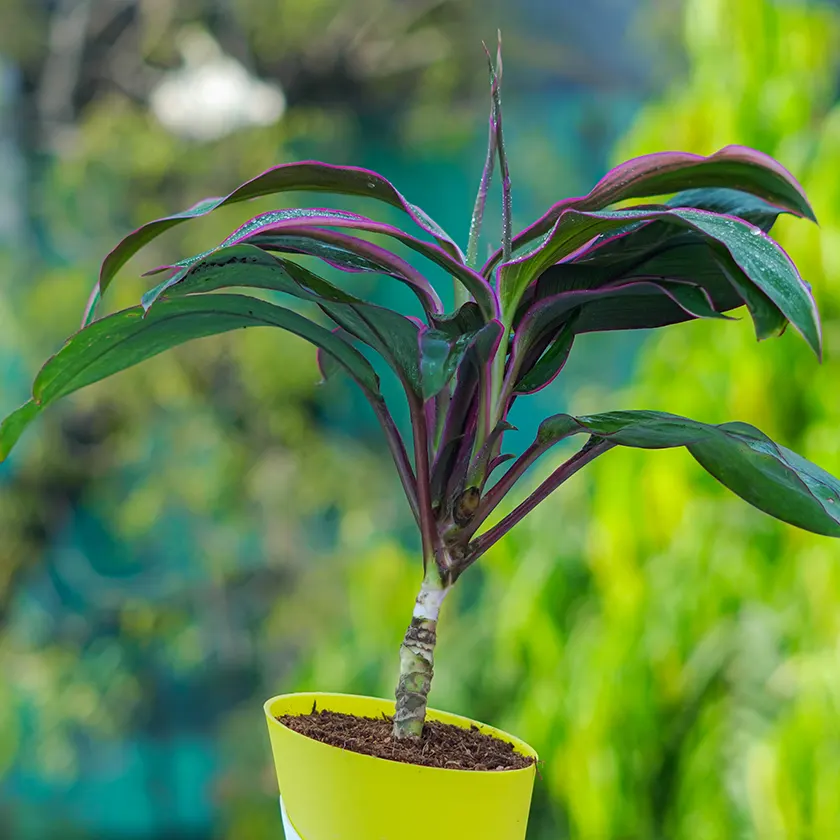


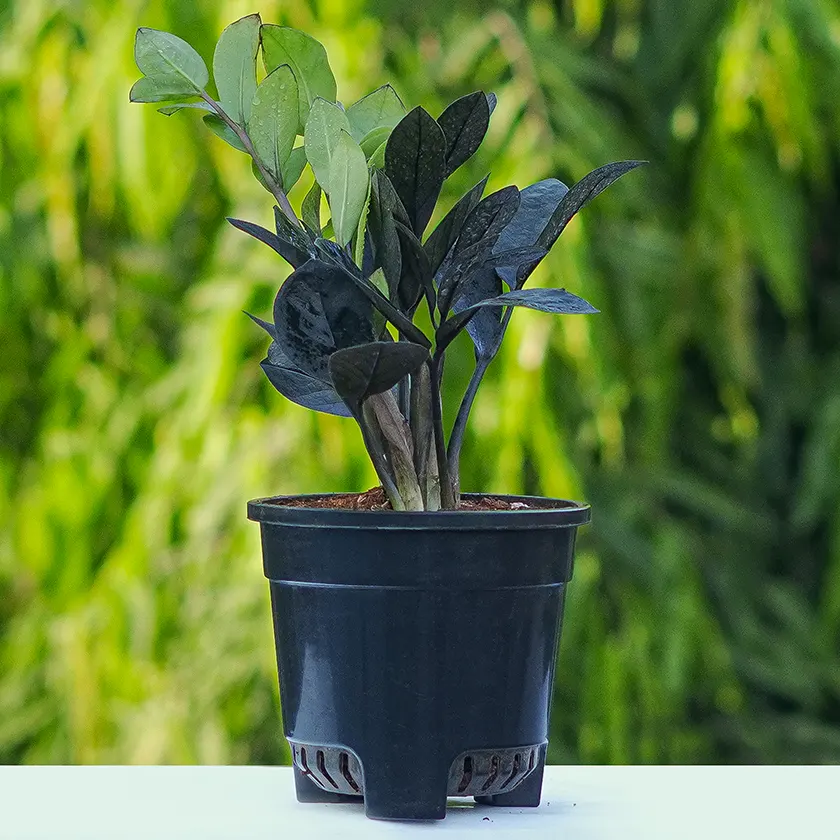
Reviews
There are no reviews yet.